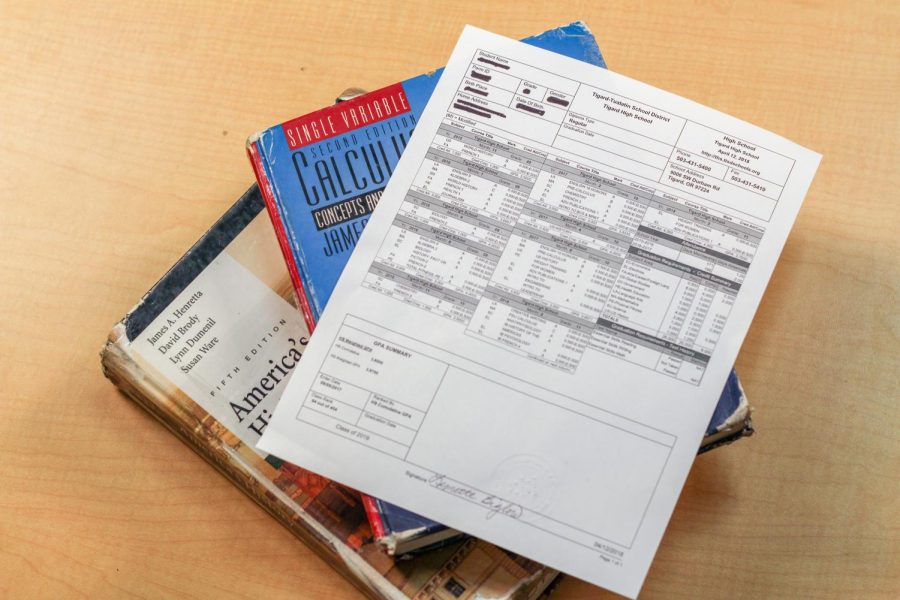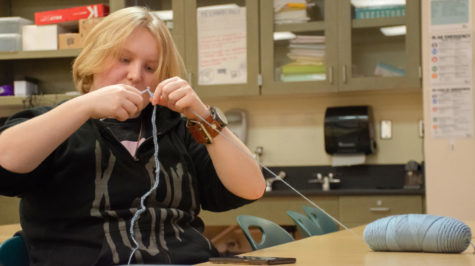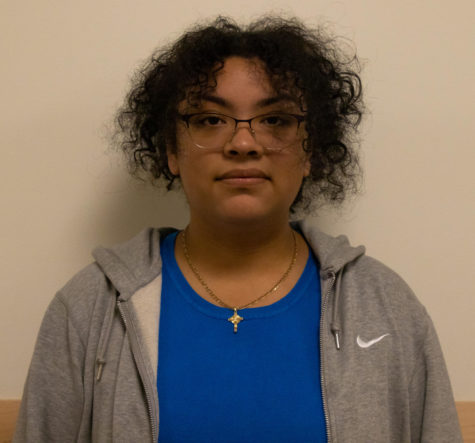Dual credit dilemma
May 2, 2018
Tigard and many other high schools in Oregon offer students the opportunity to take more rigorous classes and receive college credit. There are currently 20 dual credit courses at Tigard including PSU Calculus, OIT Anatomy and Physiology, PCC IB History of the Americas, and CCC Writing 121.
These classes are just as challenging as their college equivalent, yet cost much less than what students would pay at a college or university. Just this year, there are 1,085 students enrolled in dual credit courses at Tigard High.
Do these credits actually transfer to college?
PCC Dual Credit Coordinator Kate DePaolis advises students to talk to the colleges they’re interested in attending and ask about how their credits will transfer.
PCC dual credits are accepted at PCC campuses as well as most community colleges and four-year universities in Oregon, but if the college doesn’t have the major that the dual credit classes are associated with, then the credits may end up only transferring as elective credits. Every college or institution has its own policy for accepting or declining dual credit and IB or AP exams. For example, Dartmouth College announced this year that it won’t award credits for certain IB Higher Level exams.
Transferring credits to a private college is a whole different story because they choose to accept the credits that they want.
Not all college credits are equal. When PSU sends transcripts to out-of-state and private colleges, they have a Dual Credit coordinator, Sally Hudson, who helps facilitate the credit transfer and ensure the colleges understand the rigor of the courses taken. Community college credits don’t transfer as easily.
Alumna Erin Griffiths, who is currently a freshman at University of Oregon, has had positive experiences with the dual credit program regarding their transferability. “It’s a really, really good idea. I’ve heard that anatomy is really good too,” Griffiths said. “But it’s really dependent on your university, your major and whether you’re pursuing a BA or BS.”
Is there anything students need to be concerned about?
Karen Marrongelle, Dean of PSU’s College of Liberal Arts and Sciences, thinks that students should consider all the factors that play into taking a dual credit course in high school. “Students should be careful and understand exactly what they’re signing up for,” Marrongelle said. “Sometimes it can affect your college transcript unlike AP and IB courses do in high school. It is a little riskier because it can affect your GPA and college transcript down the road.”
There is extra effort required to make sure the colleges get the credits as well. Dual credit courses require the student to request a transcript from the college they received the credits from and sends those transcripts to colleges during application.
What are the benefits?
Taking dual credit classes during high school could show prospective colleges that the student was willing to work harder by taking a higher level course. “The college credit can be really useful as a student travels on to a post-secondary school or program,” DePaolis said. “The biggest benefit can be had if a student has an ‘inkling’ of what kind of field they’d like to enter, because then they can focus on taking credits in high school that will specifically count towards that major.”
What about cost?
Secretary Patti Mason wants students to know how beneficial it is to get as much work done as possible while in high school. “If they can take a dual credit class then absolutely, because the price of college is so expensive and if you can get it done here for free or a fraction of the cost then you should do it,” Mason said.
The most expensive dual credit classes are PSU Calculus and PSU Statistics at $460 each. They would cost $1216 at the institution.
She also hopes students are aware of how different courses are weighted and what the determining factor is behind that.
“For classes that are either IB or university level that have been deemed through our district office as being a higher rigor than a class here, those credits are weighted differently, so that’s why you get a weighted GPA versus a standard GPA,” Mason said. “There are some courses that are not considered to be of a higher rigor but they do provide that college credit as well, so we do have classes that do give you the college credit but aren’t necessarily weighted.”
Overall, dual credit courses in high school are a great way to prepare students for college by challenging and training their minds. Whether the classes will count towards college credits may not be the most important aspect of taking them. In order to assess whether or not to take a dual credit course, talk to your prospective university admissions counselor and ask if they will accept the credits.

















